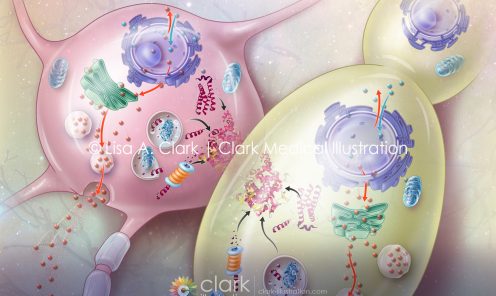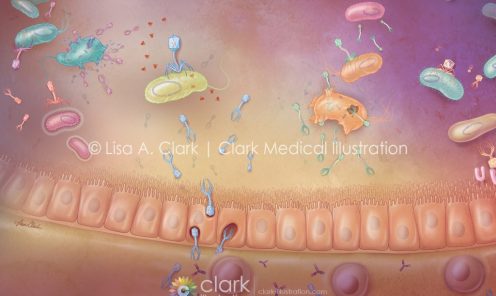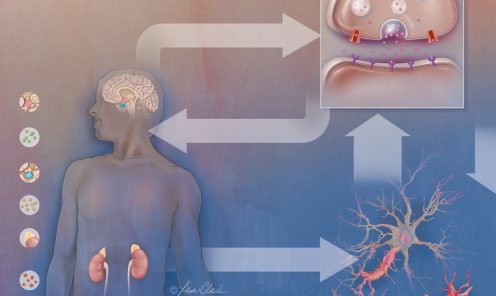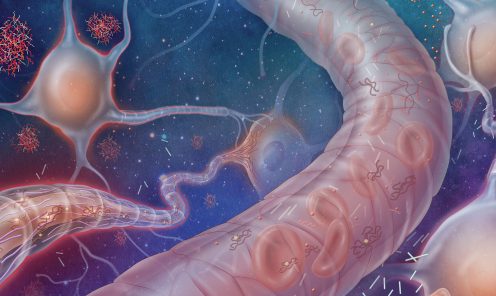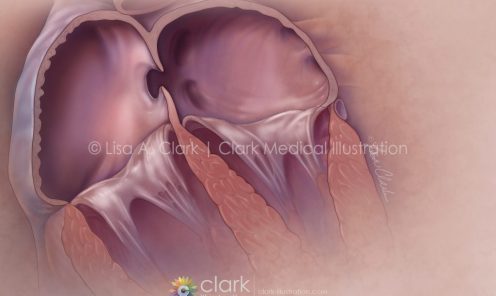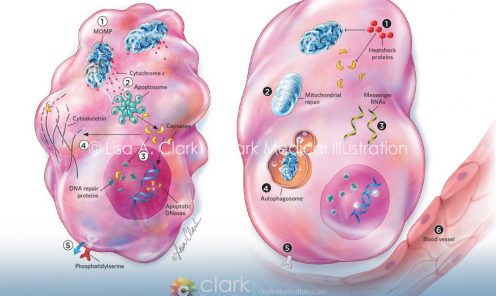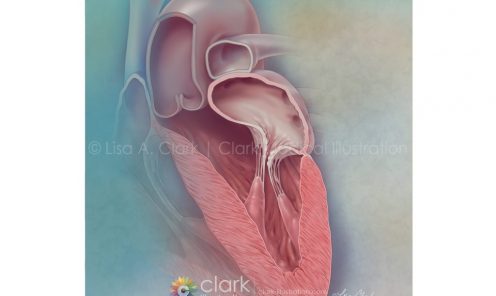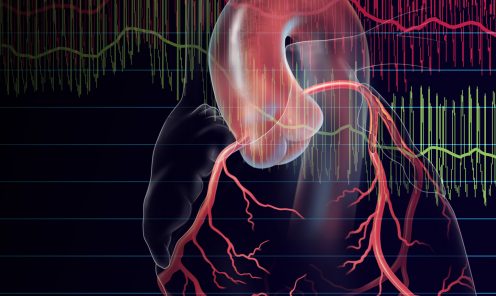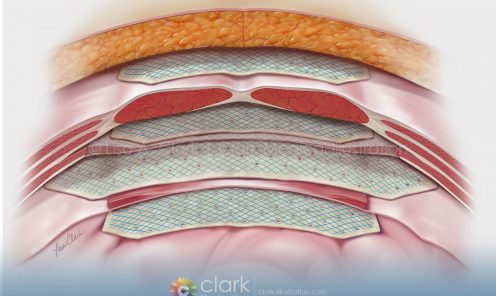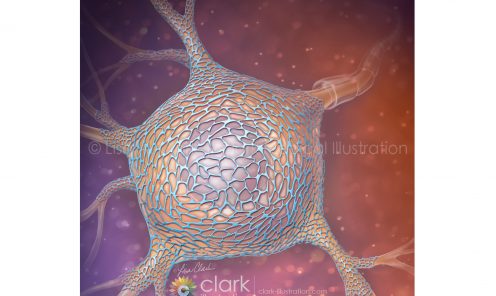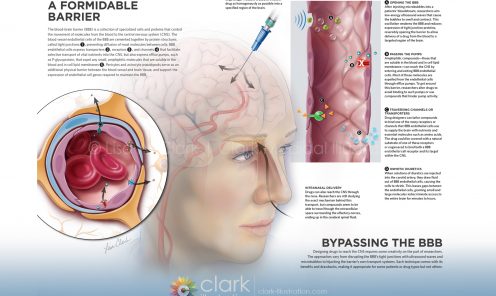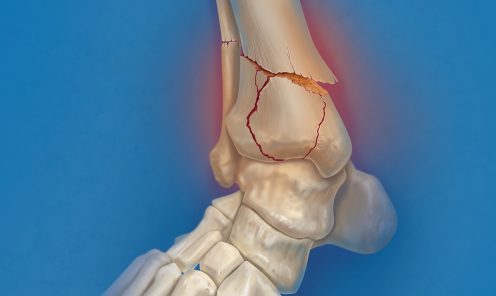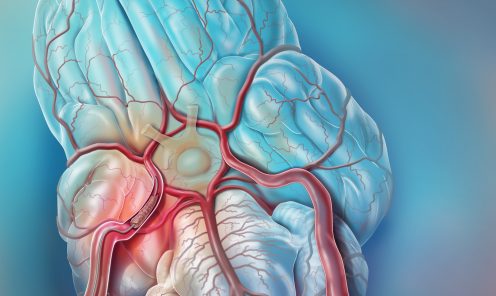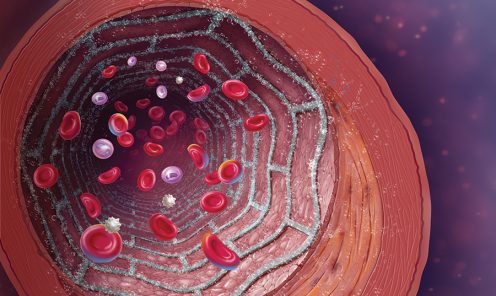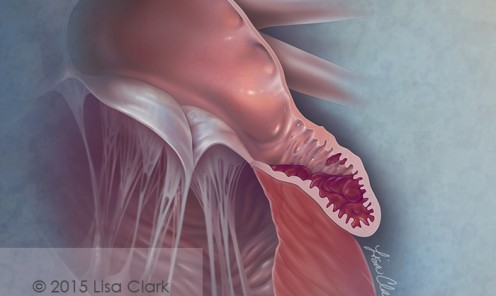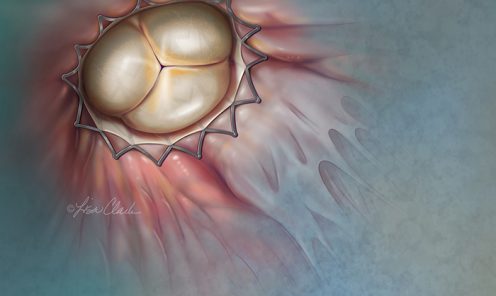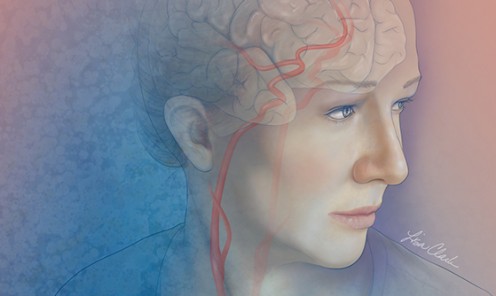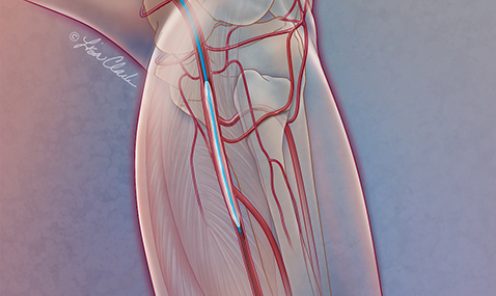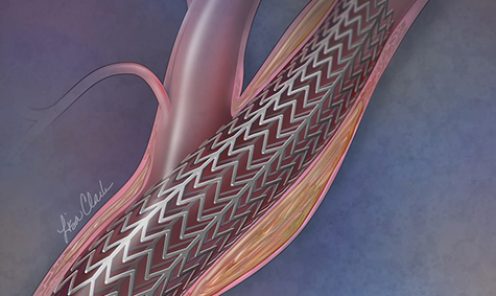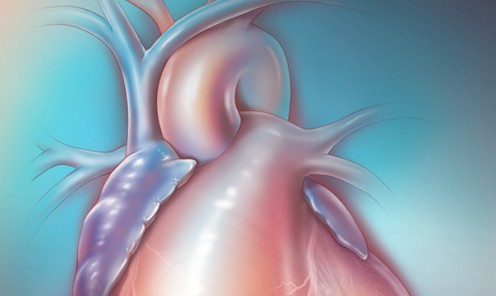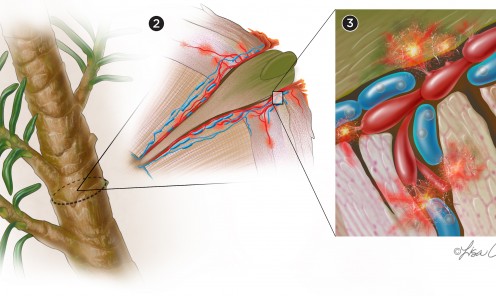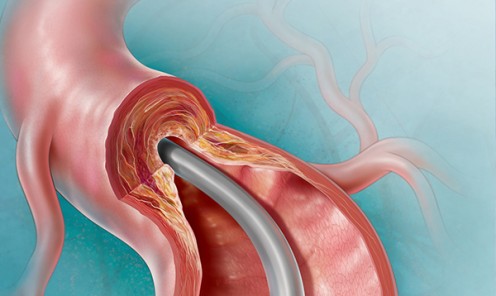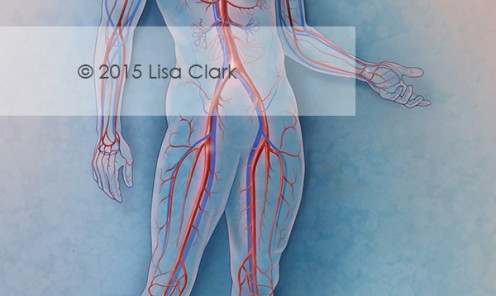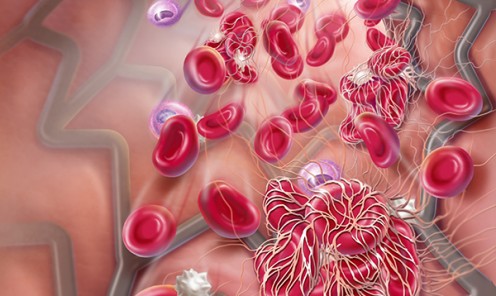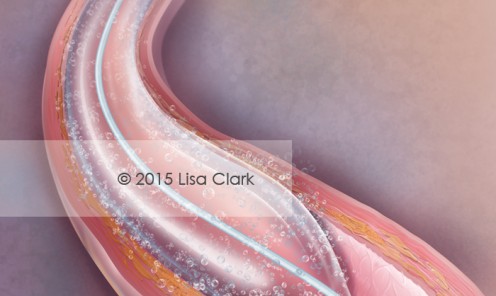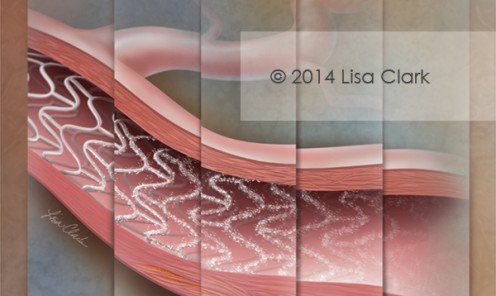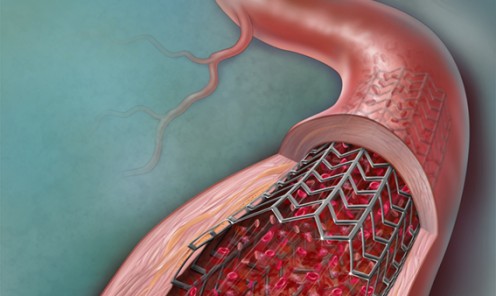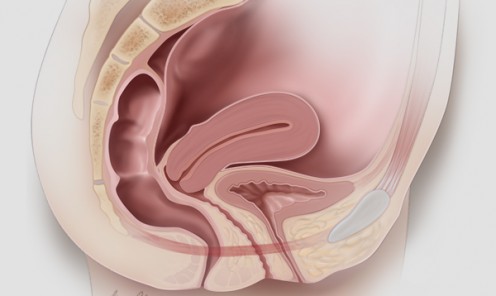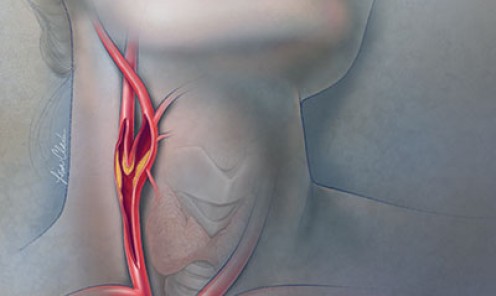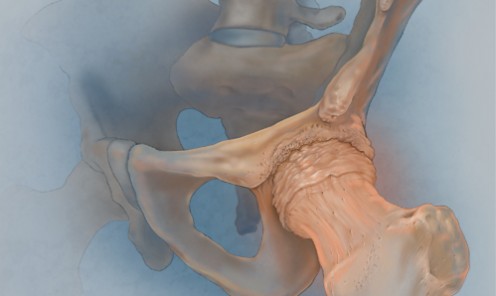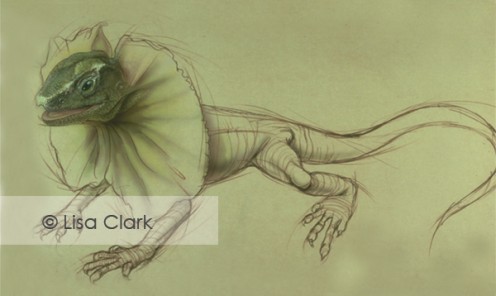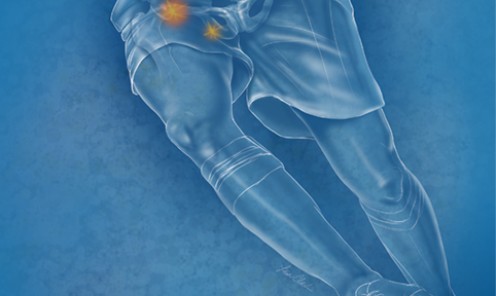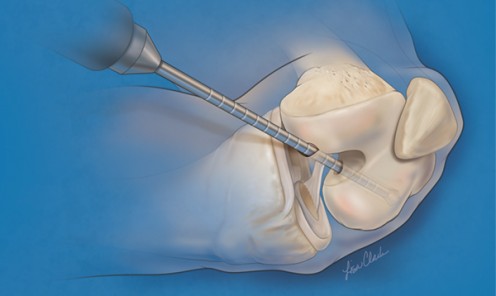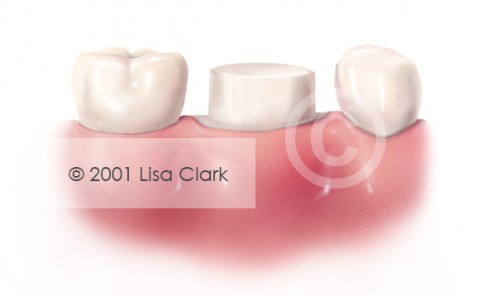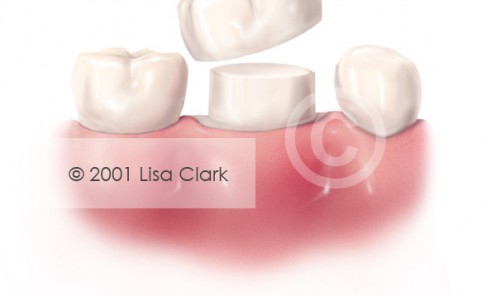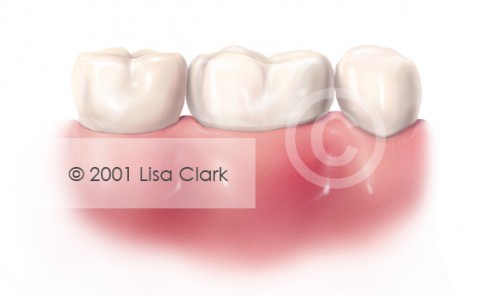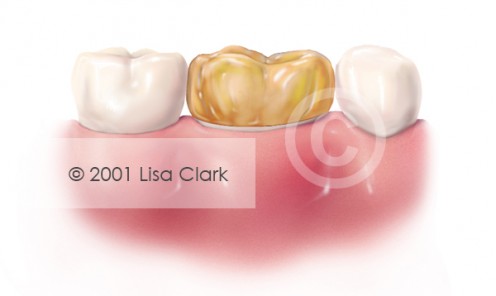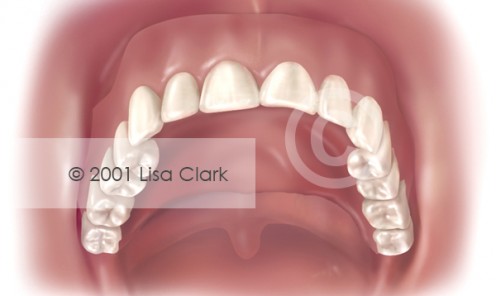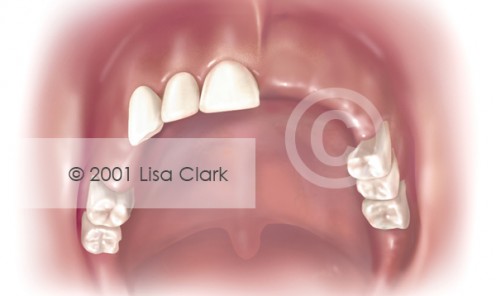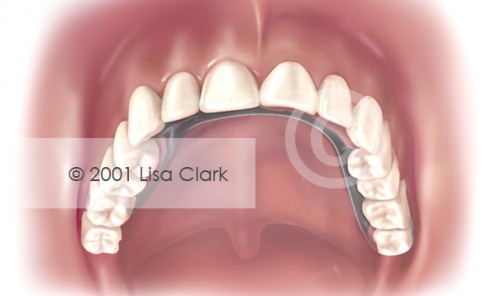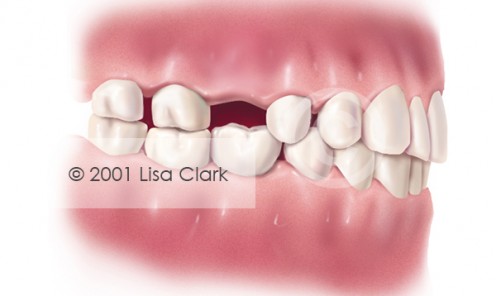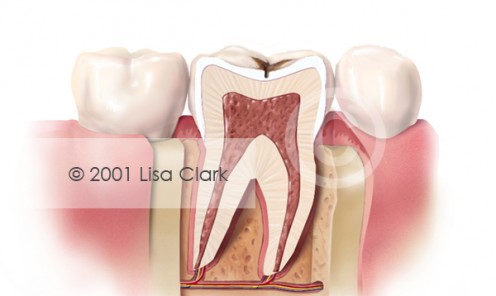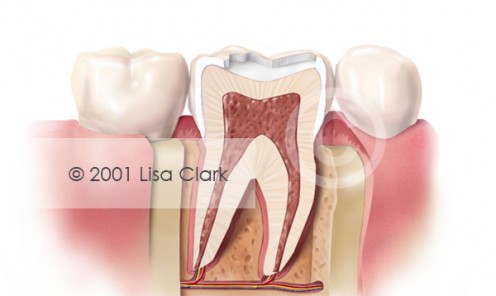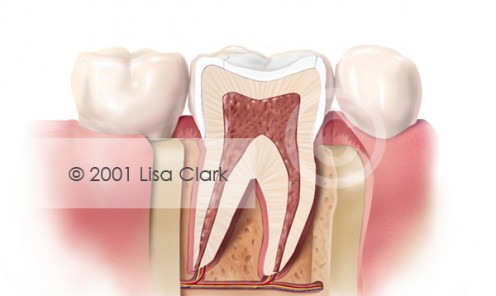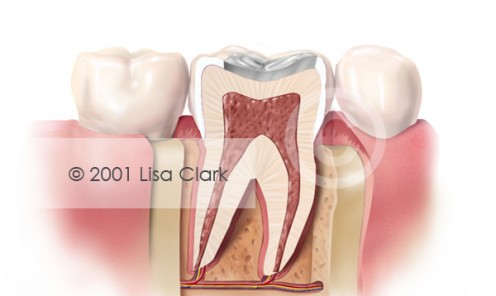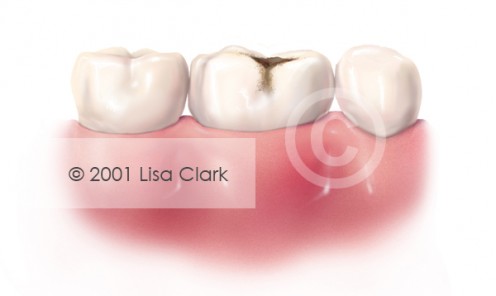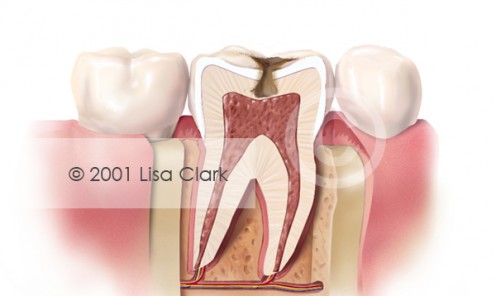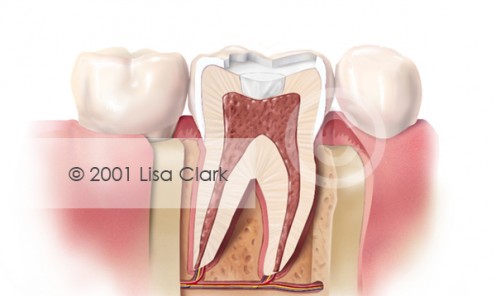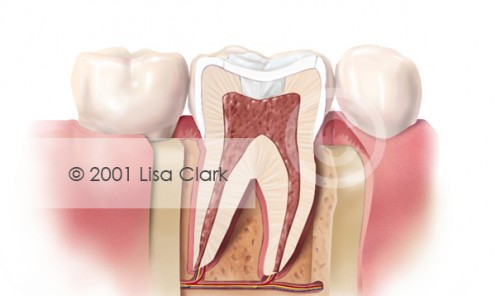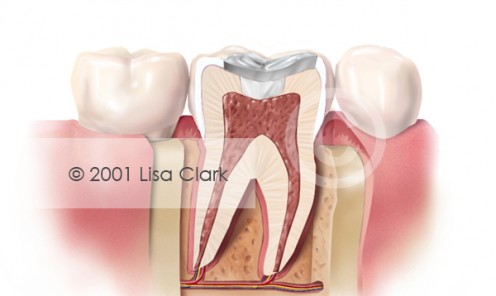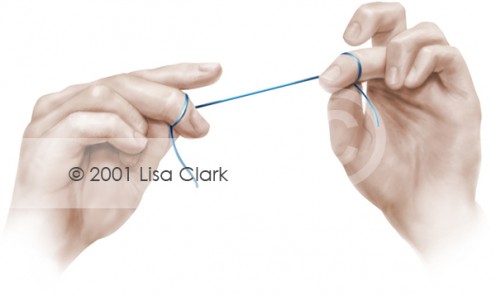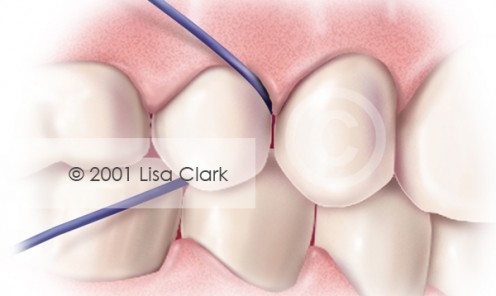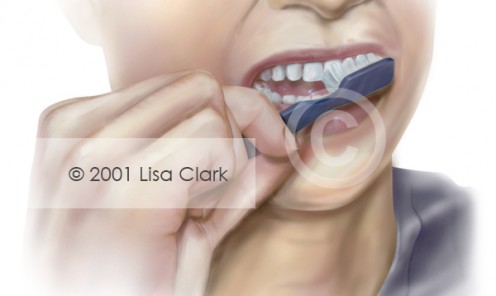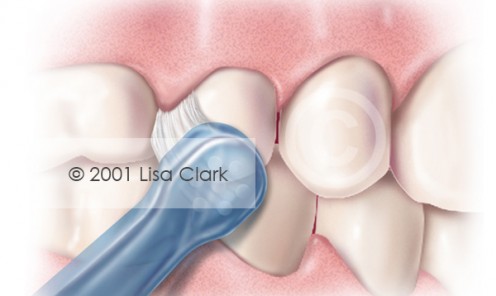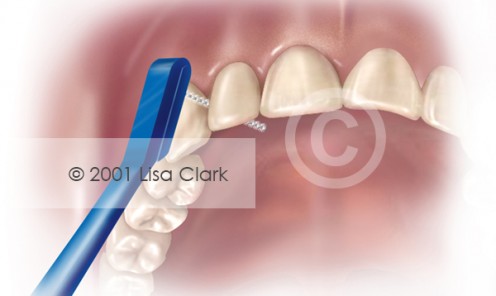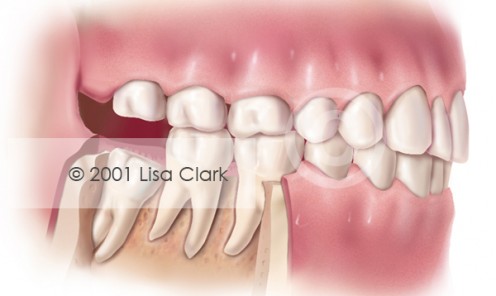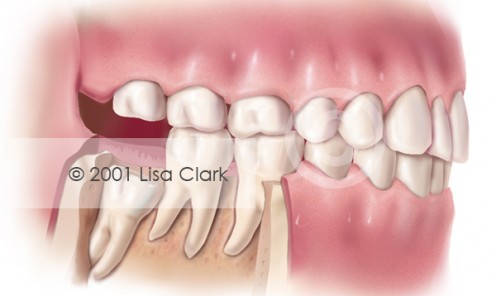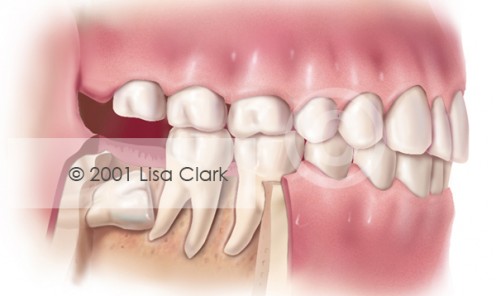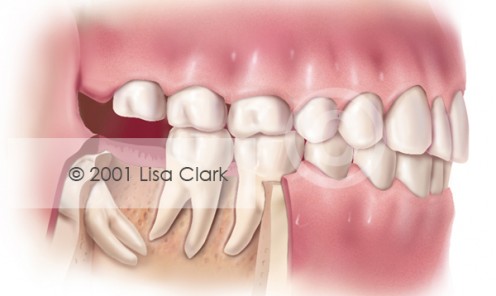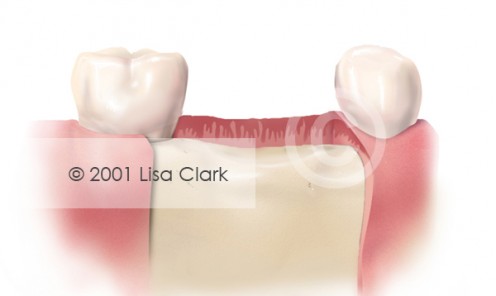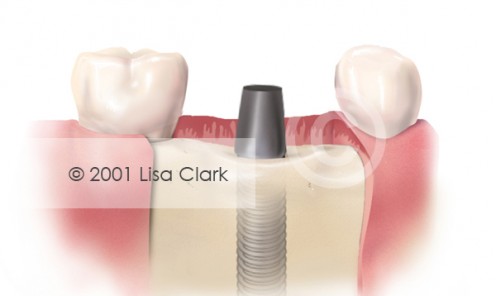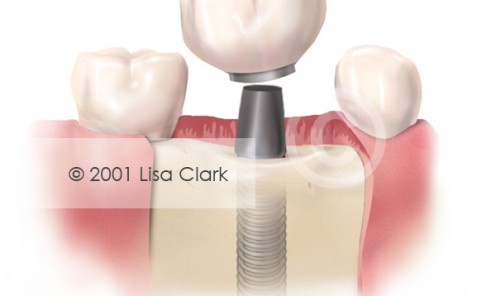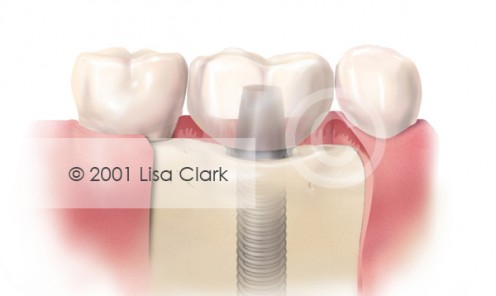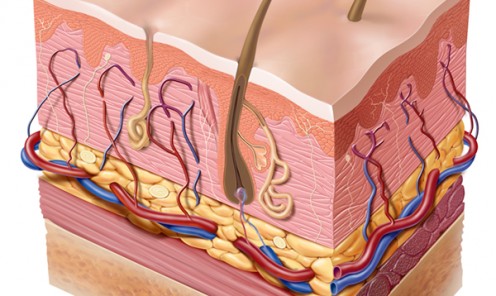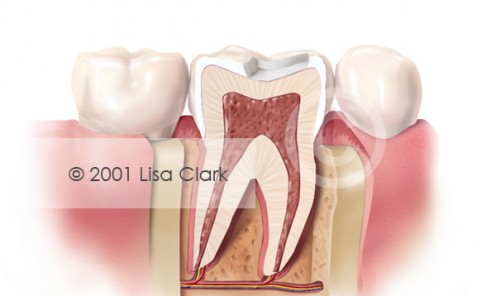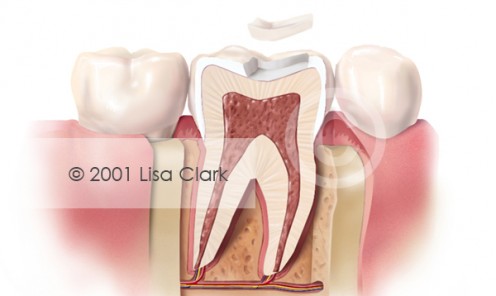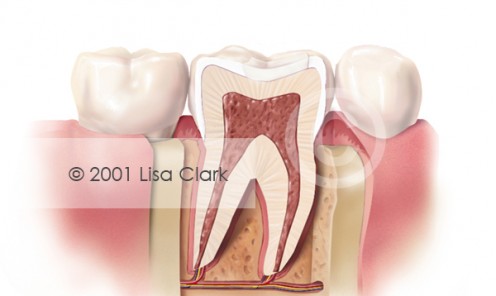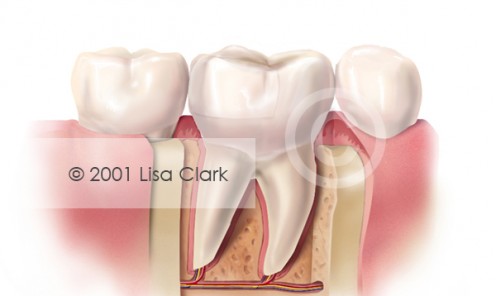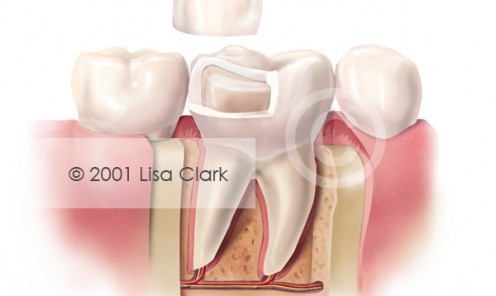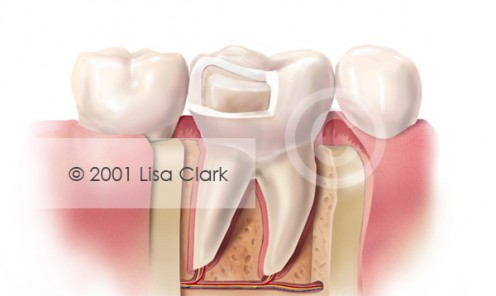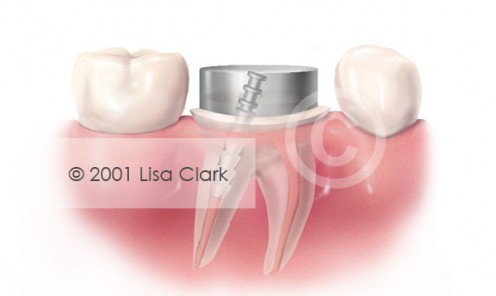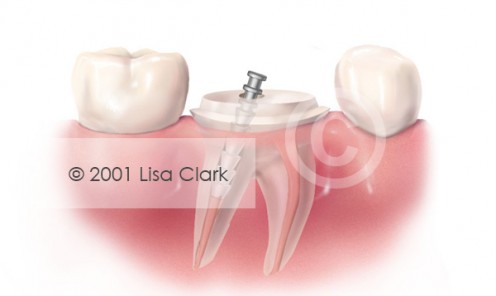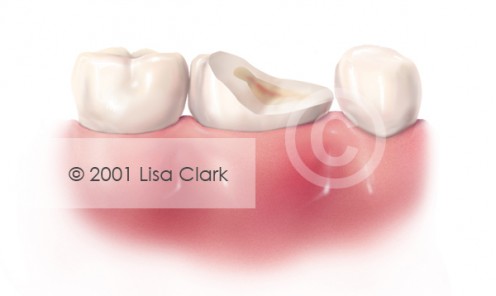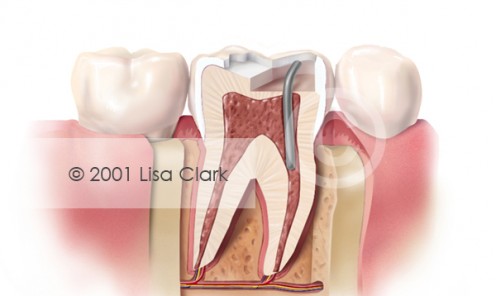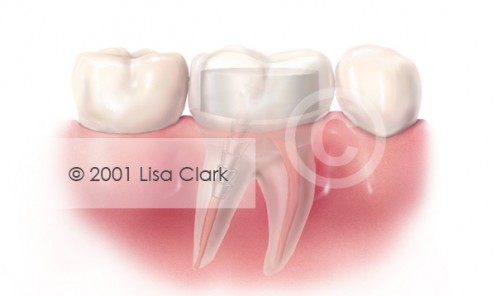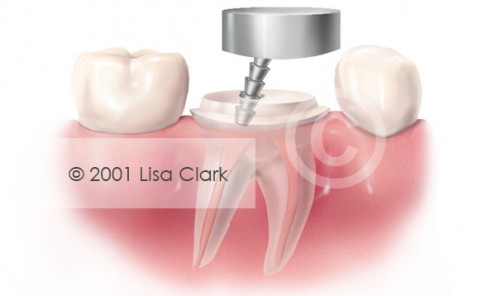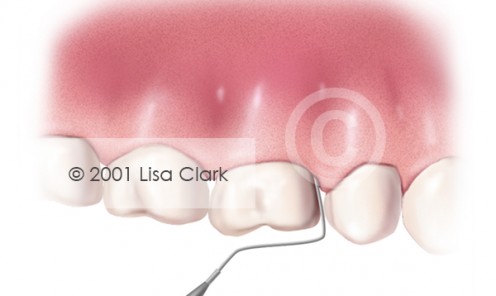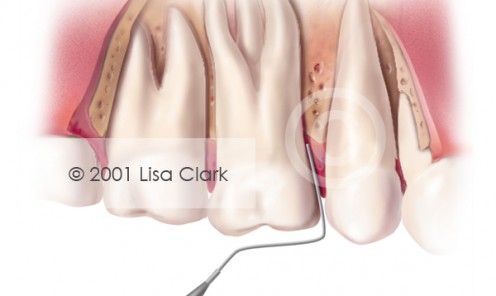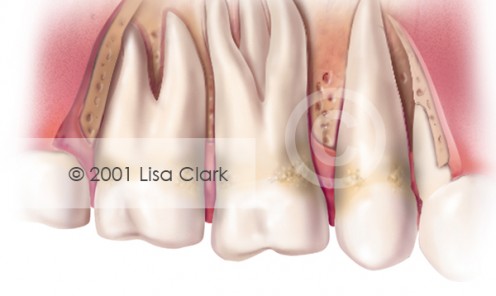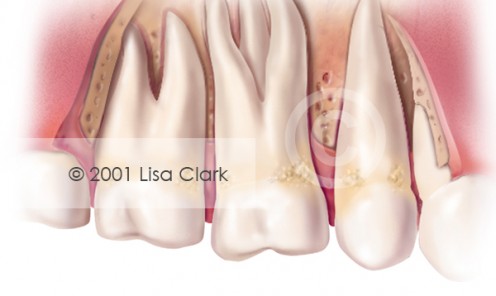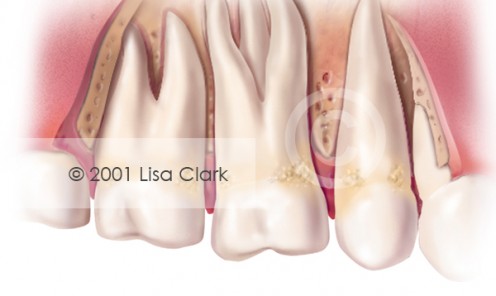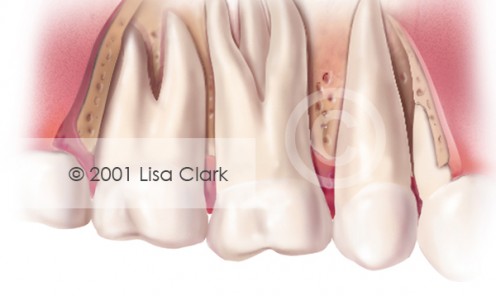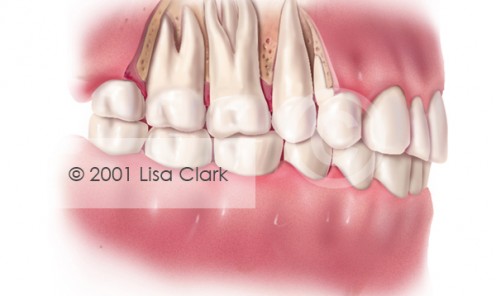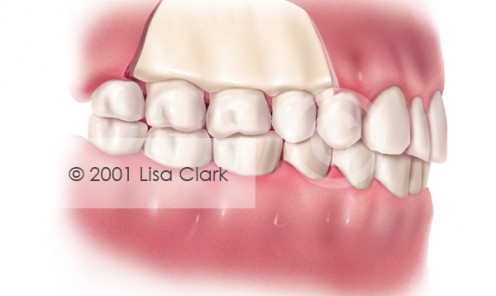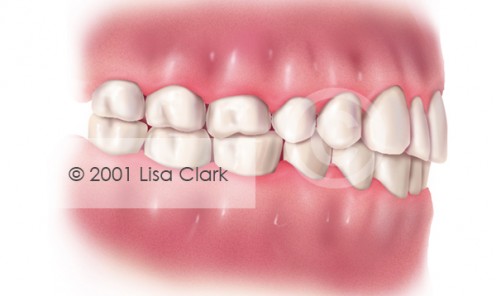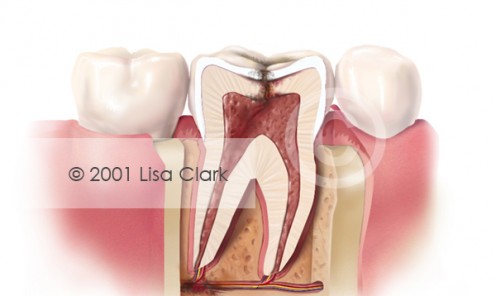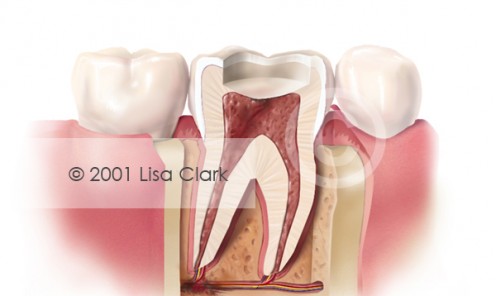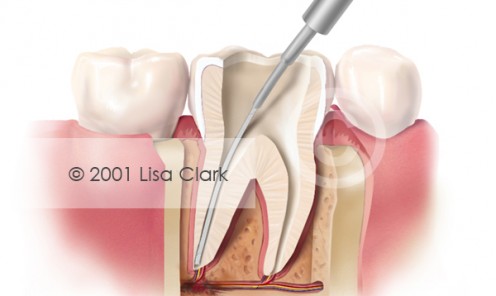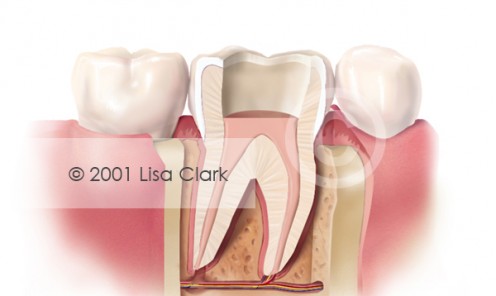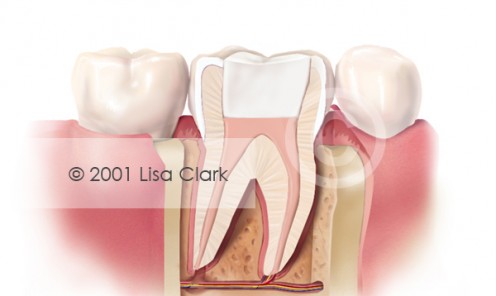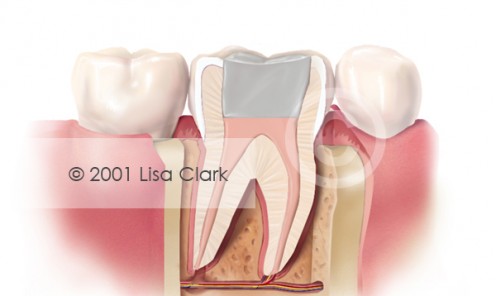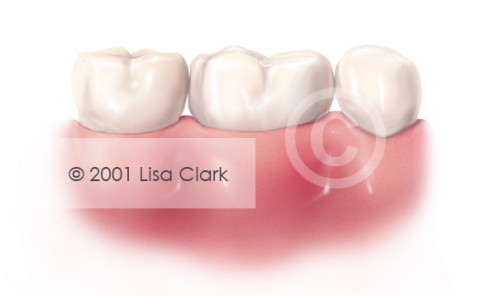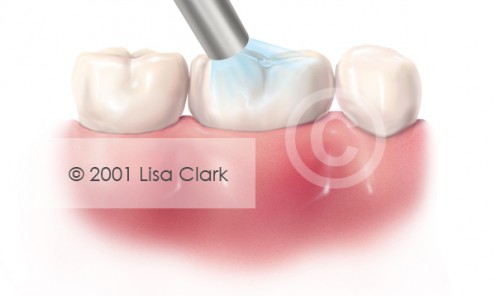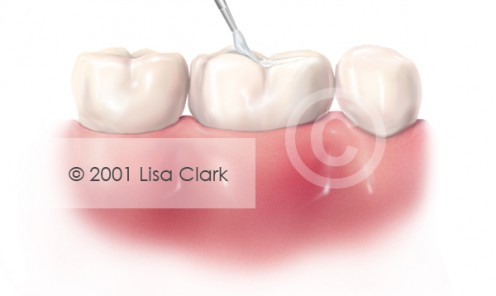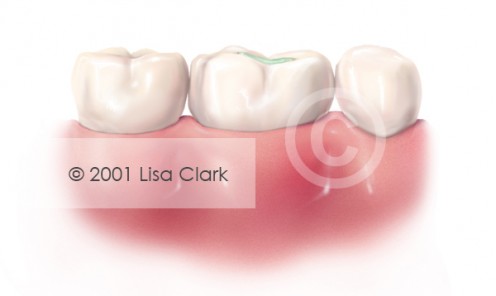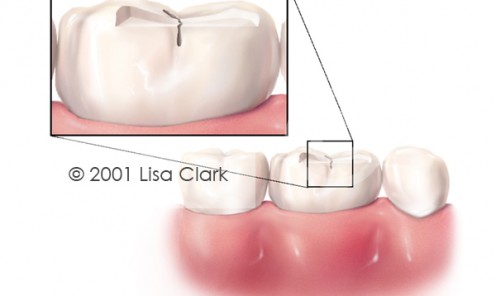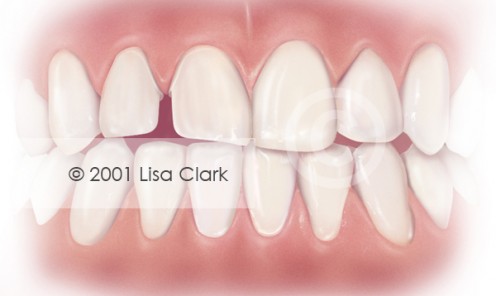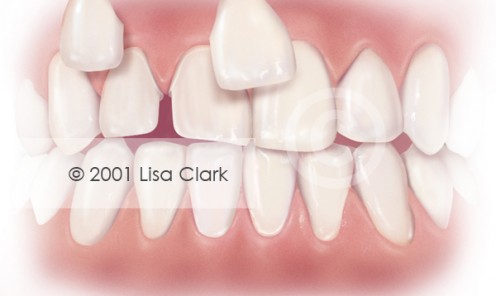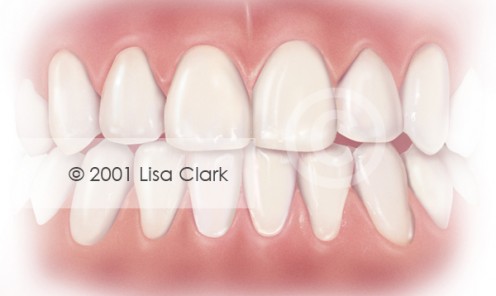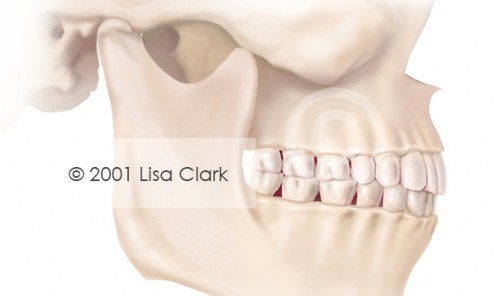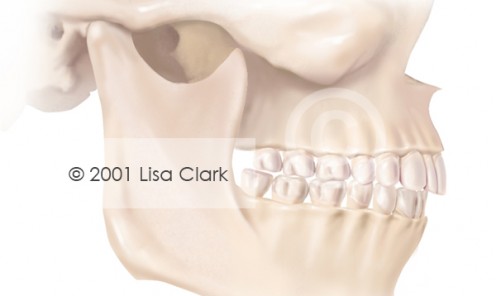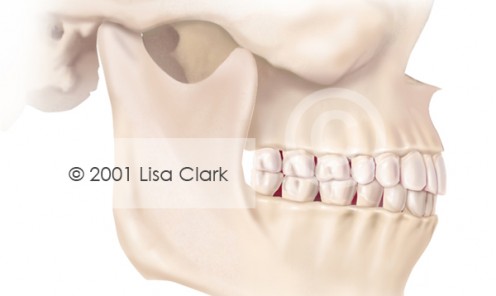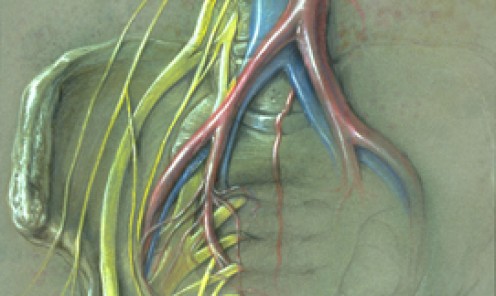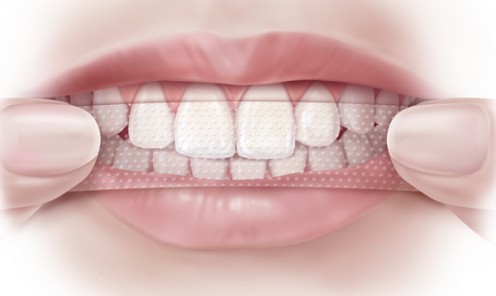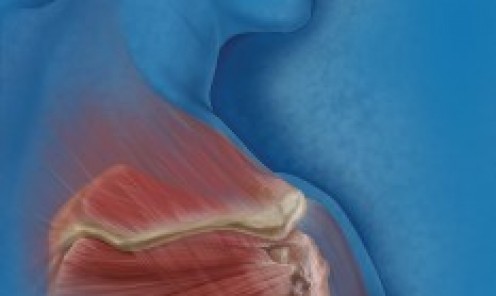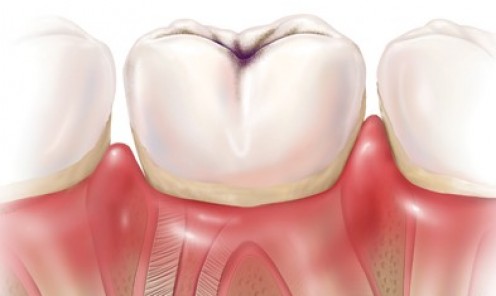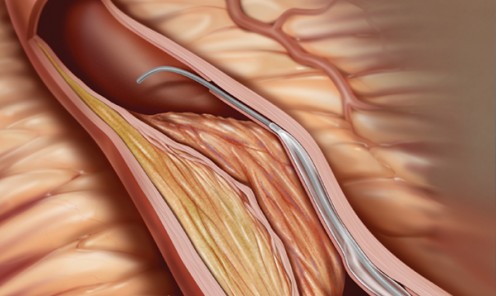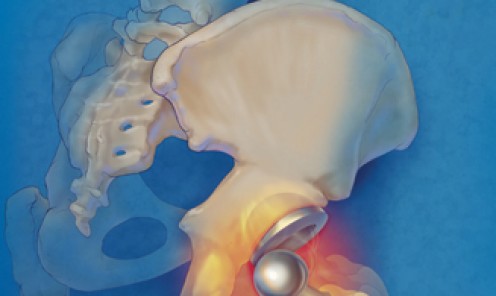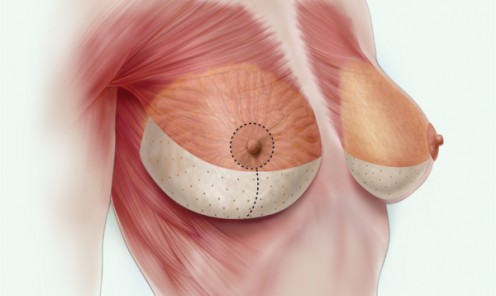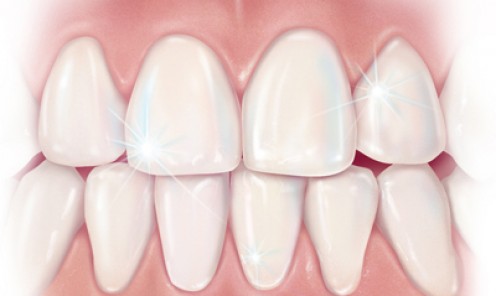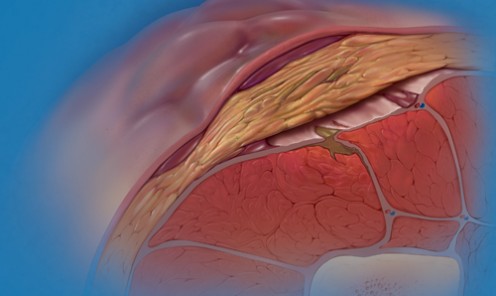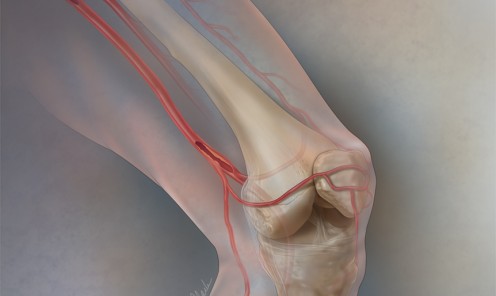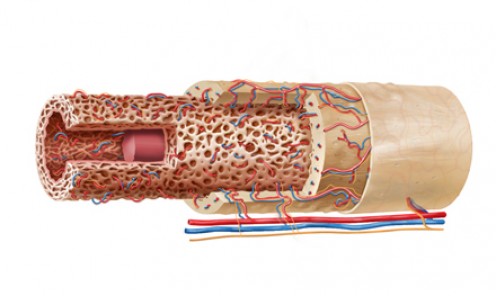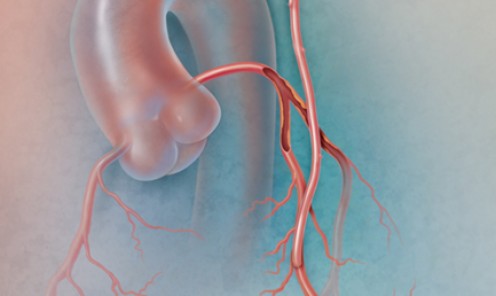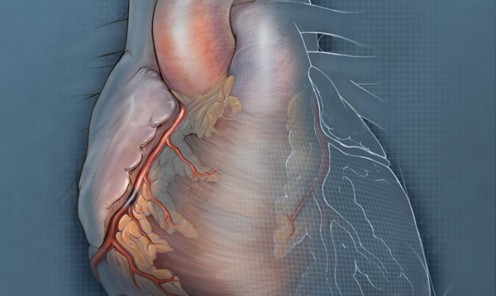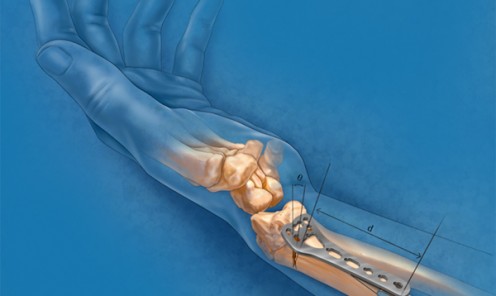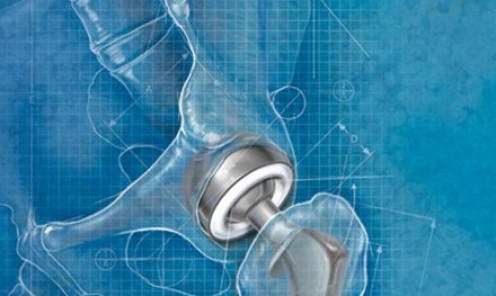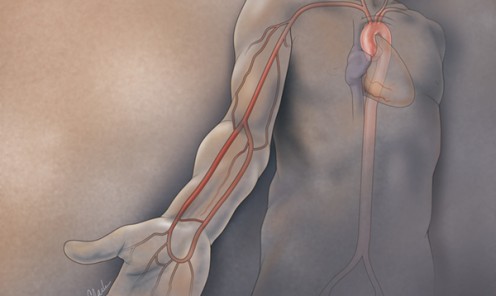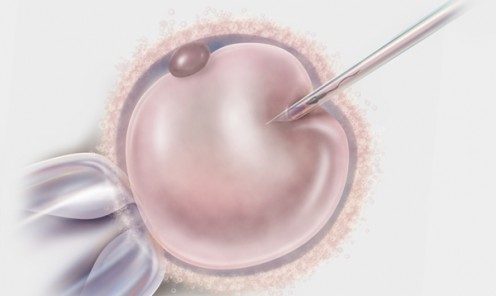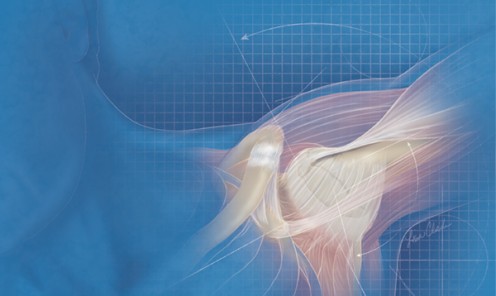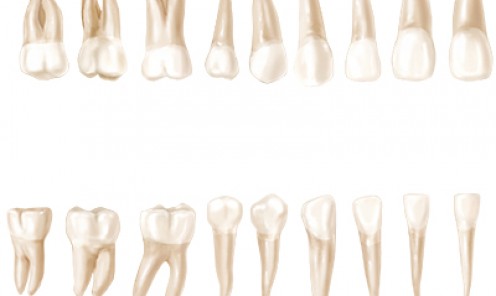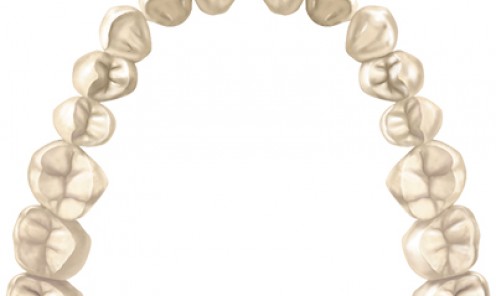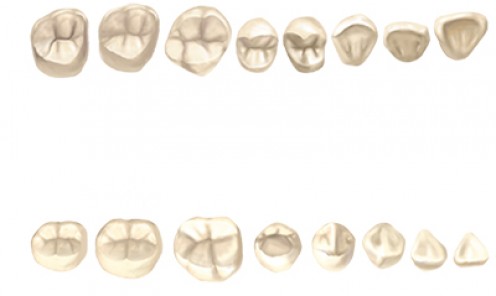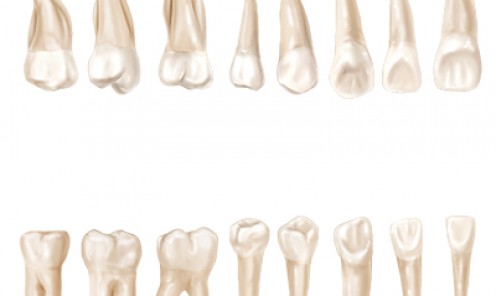Yeast and Neurodegenerative Disease Research
1
Yeast and Neurodegenerative Disease Research
The single-celled fungus allows researchers to study Alzheimer’s, Parkinson’s, ALS and other brain diseases with unparalleled speed and scale.
Bacteriophages
2
Bacteriophages
Bacteria-infecting viruses, or bacteriophages look like they were created for a sci-fi movie, but they really are naturally occurring viruses that selectively target and kill specific bacterial strains and are harmless to humans, animals, and plants.
Neurobiological Pathways Linked to Suicide Risk
3
Neurobiological Pathways Linked to Suicide Risk
Scientists have identified several key neurobiological pathways with ties to suicidal behaviors. Three of the systems best-studied in relation to suicide are depicted in this infographic.
Alzheimer’s Markers in the Blood
4
Alzheimer’s Markers in the Blood
A dark and stormy look at biological markers in the blood that can lead to earlier Alzheimer’s diagnosis and treatment.
Patent Foramen Ovale (PFO) Closure
5
Patent Foramen Ovale (PFO) Closure
This journal cover illustration was created for an article about patent foramen ovale closure for secondary stroke prevention. There are a variety of devices available for PFO closure, so we chose to show the patent foramen ovale defect rather than focus on a specific device or technique for closure.
Anastasis (Cell Death Reversal)
6
Anastasis (Cell Death Reversal)
Journal infographic for an article about anastasis (cell death reversal). Molecular processes can rescue cells already engaged in the process of apoptosis or other forms of programmed cell death.
Future Treatments of Secondary Mitral Regurgitation
7
Future Treatments of Secondary Mitral Regurgitation
Journal cover illustration for an article detailing the results from two trials (COAPT and MITRA-FR) that examined transcatheter mitral valve repair in patients with heart failure and secondary mitral regurgitation.
FFR and iFR used to Evaluate Coronary Stenosis
8
FFR and iFR used to Evaluate Coronary Stenosis
FFR and iFR are both indices that use the concept of flow reserve to evaluate the severity of a coronary stenosis.
Abdominal Hernia Graft Placement
9
Abdominal Hernia Graft Placement
The image was used by the graft manufacturer to show placement options for the biological graft including onlay, retromuscular, preperitoneal and intraperitoneal placement.
Perineuronal Nets (PNNs)
10
Perineuronal Nets (PNNs)
Perineuronal nets form during postnatal development, marking the end of what’s known as the “critical period” of heightened brain plasticity. PNNs are composed of extracellular matrix (ECM) molecules and are responsible for synaptic stabilization in the adult brain. PNNs are found around certain neuron cell bodies and proximal neurites in the central nervous system. Increasingly, researchers are turning to PNNs as potential targets to enhance plasticity for the treatment of various diseases. This illustration was created for the cover The Scientist magazine.
Blood-Brain Barrier
11
Blood-Brain Barrier
The blood-brain barrier (BBB) is a collection of specific cells and proteins that control the movement of molecules from the blood to the central nervous system (CNS).
Cardiogenic Shock
12
Cardiogenic Shock
Cardiogenic shock occurs when the heart can't pump enough blood to the body. Cardiogenic shock is the leading cause of death in acute myocardial infarction. Symptoms of cardiogenic shock include rapid breathing and heartbeat (tachycardia), mental confusion, sweating, weak pulse and poor tissue perfusion.
Ankle Fracture
13
Ankle Fracture
Pilon fractures are injuries that occur at the lower end of the tibia and involve the weight bearing surface of the ankle joint. The fibula may also be broken.
Endovascular Thrombectomy
14
Endovascular Thrombectomy
Endovascular thrombectomy has been shown to benefit patients with acute stroke and large-vessel occlusions. This illustration was created for a journal article tracking to what extent these technologies have taken off, and to what extent interventional cardiologists are actually using them.
Bioabsorbable Stenting Technology
15
Bioabsorbable Stenting Technology
Metal stents can aggravate vessels and cause stent thrombosis that prevents vessel remodeling. They can also impair future surgical interventions and impede CT or MR imaging. Bioabsorbable stent technology is an alternative to traditional metal stents. In dissolving stents the entire scaffold is gradually absorbed by the body over time.
Left Atrial Appendage Thrombus
16
Left Atrial Appendage Thrombus
Left atrial appendage thrombi (fibrinous clots that form in blood vessels or heart chambers) are often caused by acute atrial fibrillation.
Transcatheter Aortic Valve Replacement (TAVR)
17
Transcatheter Aortic Valve Replacement (TAVR)
Journal cover illustration about transcatheter aortic valve replacement (TAVR) in patients with aortic stenosis at intermediate or low risk for surgery. Currently, the two TAVR devices approved in the US are indicated only for patients at high risk or extreme risk/inoperable, but the literature is now showing that TAVR benefits patients intermediate or low risk for surgery.
Carotid Artery Blockage Leading to a Stroke
18
Carotid Artery Blockage Leading to a Stroke
The illustration was for a journal article about the endovascular options for the treatment of stroke.
Drug-coated Balloons for Peripheral Artery Disease (PAD)
19
Drug-coated Balloons for Peripheral Artery Disease (PAD)
My recent journal cover art about the use of drug-coated balloons to treat occluded below-the-knee arteries.
Carotid Artery Stenting
20
Carotid Artery Stenting
Carotid Artery Stenting art for a journal article discussing recent CREST-2 trial data that indicates carotid artery stenting (CAS) is not inferior to carotid endarterectomy.
Heart Failure and Heart Anatomy
21
Heart Failure and Heart Anatomy
More interventional techniques are being used to improve outcomes for patients with heart failure. This medical illustration was created to accompany a journal article’s cover story.
Taxol Producing Fungi in Yew Trees
22
Taxol Producing Fungi in Yew Trees
Yew trees have a built-in, fungal security force. My recent illustration for The Scientist magazine shows Taxol-producing fungi battling with pathogenic fungi. Taxol is used in anti-cancer drugs and harvested from yew trees.
Catheter-Directed Atherectomy
23
Catheter-Directed Atherectomy
Atherectomy is a minimally invasive endovascular technique for removing plaque build-up from blood vessels in the heart and in other areas of the body.
Cardiovascular System
24
Cardiovascular System
Cardiology journal illustration depicting the human cardiovascular system including the heart and major arteries and veins.
Dual Antiplatelet Therapy
25
Dual Antiplatelet Therapy
Journal cover image about duration of dual antiplatelet therapy following angioplasty. Antiplatelet medicines work to keep platelets from sticking together and forming blood clots.
Drug-Coated Balloon Angioplasty for Peripheral Artery Disease (PAD)
26
Drug-Coated Balloon Angioplasty for Peripheral Artery Disease (PAD)
Drug-coated balloons for the treatment of peripheral artery disease have the potential to reduce the incidence of restenosis without having to leave anything behind.
Dissolving Stent
27
Dissolving Stent
The future of treating coronary artery disease may lie in bioresorbable scaffolds. This image was created for a journal article about cardiovascular stents that dissolve in the artery over time.
Coronary Artery Stent
28
Coronary Artery Stent
Stents are used to treat coronary artery disease and allow blood to flow through the artery. This image was created for a cardiology journal.
Female Pelvic Floor
29
Female Pelvic Floor
The pelvic floor is made of several muscle layers that form a bowl shape within the pelvis. This image illustrates a side view of the uterus, bladder, rectum and pelvic floor muscles.
Carotid Stenosis
30
Carotid Stenosis
Carotid stenosis is a condition in which the carotid arteries become narrowed or blocked. This image was used for a medical journal cover.
Osteoarthritis of the Hip
31
Osteoarthritis of the Hip
Osteoarthritis occurs when inflammation and injury to a joint cause cartilage tissue to break down. The breakdown of cartilage causes pain, inflammation, and deformity.
Frill Neck Lizard
32
Frill Neck Lizard
Chlamydosaurus has a frill of folded skin that normally lies around the back of the head that is erected when the lizard is threatened. These bipedal lizards can run very quickly and sometimes appear to be walking on water.
Apophyseal Avulsion Fractures of the Hip and Pelvis
33
Apophyseal Avulsion Fractures of the Hip and Pelvis
Apophyseal avulsion fractures of the hip and pelvis are injuries that usually occur in the adolescent athlete. This illustration was used for a medical journal cover.
Femoral Tunnel Drilling for ACL Reconstruction
34
Femoral Tunnel Drilling for ACL Reconstruction
A femoral tunnel was created to aid with anterior cruciate ligament (ACL) reconstruction. This image was created for an orthopedic journal cover.
Crown: Tooth Prepared for Crown
35
Crown: Tooth Prepared for Crown
Crown: Tooth Prepared for Crown
Crown: White Crown Near Final Position
36
Crown: White Crown Near Final Position
Crown: White Crown Near Final Position
Crown: White Crown in Final Position
37
Crown: White Crown in Final Position
Crown: White Crown in Final Position
Crown: Gold Crown in Final Position
38
Crown: Gold Crown in Final Position
Crown: Gold Crown in Final Position
Dentures: Full Dentures in Place
39
Dentures: Full Dentures in Place
Dentures: Full Dentures in Place
Dentures: Missing Teeth
40
Dentures: Missing Teeth
Dentures: Missing Teeth
Dentures: Partial Dentures
41
Dentures: Partial Dentures
Dentures: Partial Dentures
Drifting
42
Drifting
Teeth on either side of missing tooth have drifted toward the space, lower tooth has drifted upward into space.
Dental Fillings 1: Progressive Tooth Decay
43
Dental Fillings 1: Progressive Tooth Decay
Progressive tooth decay
Dental Fillings 1: Tooth Prepared for Filling
44
Dental Fillings 1: Tooth Prepared for Filling
Tooth prepared for filling.
Dental Fillings 1: Tooth Filled with White Filling Material
45
Dental Fillings 1: Tooth Filled with White Filling Material
Tooth filled with white filling material
Dental Fillings 1: Tooth Filled with Silver Filling Material
46
Dental Fillings 1: Tooth Filled with Silver Filling Material
Tooth filled with silver filling material
Dental Fillings 2: Progressed Tooth Decay
47
Dental Fillings 2: Progressed Tooth Decay
Molar with large dark area of decay.
Dental Fillings 2: Progressive Tooth Decay (Cross Section)
48
Dental Fillings 2: Progressive Tooth Decay (Cross Section)
Molar cross section with large dark area of decay. Decay has come close to pulp tissue.
Dental Fillings 2: Basing Material
49
Dental Fillings 2: Basing Material
Molar cross section with large dark area of decay. Decay has come close to pulp tissue. Deep area has been filled in with “basing material”.
Dental Fillings 2: Tooth Filled with White Filling Material
50
Dental Fillings 2: Tooth Filled with White Filling Material
Molar cross section with large dark area of decay. Decay has come close to pulp tissue. Deep area has been filled in with “basing material”. Tooth is filled with white filling material.
Dental Fillings 2: Tooth Filled with Silver Filling Material
51
Dental Fillings 2: Tooth Filled with Silver Filling Material
Molar cross section with large dark area of decay. Decay has come close to pulp tissue. Deep area has been filled in with “basing material”. Tooth is filled with silver filling material.
Dental Home Care: Holding Floss
52
Dental Home Care: Holding Floss
Dental Home Care: Holding Floss
Dental Home Care: Floss Properly Placed Between Teeth
53
Dental Home Care: Floss Properly Placed Between Teeth
Dental Home Care: Floss Properly Placed Between Teeth
Dental Home Care: Proper Brush Placement
54
Dental Home Care: Proper Brush Placement
Dental Home Care: Proper Brush Placement
Dental Home Care: End Tuft Brush Properly Placed Next to Teeth
55
Dental Home Care: End Tuft Brush Properly Placed Next to Teeth
Dental Home Care: End Tuft Brush Properly Placed Next to Teeth
Dental Home Care: Proxi-brush Properly Placed Between Teeth
56
Dental Home Care: Proxi-brush Properly Placed Between Teeth
Dental Home Care: Proxi-brush Properly Placed Between Teeth
Impacted Wisdom Tooth: Soft Tissue Impacted
57
Impacted Wisdom Tooth: Soft Tissue Impacted
Impacted Wisdom Tooth: Soft Tissue Impacted
Impacted Wisdom Tooth: “Partial Bony” Impacted
58
Impacted Wisdom Tooth: “Partial Bony” Impacted
Impacted Wisdom Tooth: “Partial Bony” Impacted
Impacted Wisdom Tooth “Full Bony” or “Horizontally” Impacted
59
Impacted Wisdom Tooth “Full Bony” or “Horizontally” Impacted
Impacted Wisdom Tooth “Full Bony” or “Horizontally” Impacted
Impacted Wisdom Tooth: “Distally” Impacted
60
Impacted Wisdom Tooth: “Distally” Impacted
Impacted Wisdom Tooth: “Distally” Impacted
Dental Implant: Good Bone Support Below Gingival Tissue
61
Dental Implant: Good Bone Support Below Gingival Tissue
Dental Implant: Good Bone Support Below Gingival Tissue
Dental Implant: Implant in Bone
62
Dental Implant: Implant in Bone
Dental Implant: Implant in Bone
Dental Implant: Crown near Final Position
63
Dental Implant: Crown near Final Position
Dental Implant: Crown near Final Position
Dental Implant: Crown in Final Position
64
Dental Implant: Crown in Final Position
Dental Implant: Crown in Final Position
Skin Cross Section
65
Skin Cross Section
Skin is made up of two layers that cover a third fatty layer. This illustration includes the epidermis, dermis and subcutaneous tissue. It includes nerves, sweat glands, oil glands, and hair follicles. The image was used in patient education materials.
Dental Inlay: Tooth prepared for Inlay
66
Dental Inlay: Tooth prepared for Inlay
Dental Inlay: Tooth prepared for Inlay
Dental Inlay: Inlay Near Final Position
67
Dental Inlay: Inlay Near Final Position
Dental Inlay: Inlay Near Final Position
Dental Inlay: Inlay in Final Position
68
Dental Inlay: Inlay in Final Position
Dental Inlay: Inlay in Final Position
Dental Onlay: Onlay in Final Position
69
Dental Onlay: Onlay in Final Position
Dental Onlay: Onlay in Final Position
Dental Onlay: Onlay Near Final Position
70
Dental Onlay: Onlay Near Final Position
Dental Onlay: Onlay Near Final Position
Dental Onlay: Tooth Prepared for Onlay
71
Dental Onlay: Tooth Prepared for Onlay
Dental Onlay: Tooth Prepared for Onlay
Dental Post 1: Build Up Material in Place
72
Dental Post 1: Build Up Material in Place
Dental Post 1: Build Up Material in Place
Dental Post 1: Prefabricated Post in Place
73
Dental Post 1: Prefabricated Post in Place
Dental Post 1: Prefabricated Post in Place
Dental Post 1: Damaged Tooth
74
Dental Post 1: Damaged Tooth
Dental Post 1: Damaged Tooth
Dental Retention Pin
75
Dental Retention Pin
Dental Retention Pin
Dental Post 2: Custom Cast Post in Place
76
Dental Post 2: Custom Cast Post in Place
Dental Post 2: Custom Cast Post in Place
Dental Post 2: Custom Cast Post Nearly in Place
77
Dental Post 2: Custom Cast Post Nearly in Place
Dental Post 2: Custom Cast Post Nearly in Place
Periodontal 2: Periodontal Probe
78
Periodontal 2: Periodontal Probe
A periodontal probe measures the depth of the space between the tooth and gum.
Periodontal 2: Periodontal Probe (Gums Removed)
79
Periodontal 2: Periodontal Probe (Gums Removed)
A periodontal probe measures the depth of the space between the tooth and gum.
Periodontal 5: Severe Periodontitis
80
Periodontal 5: Severe Periodontitis
Periodontal 5: Severe Periodontitis
Periodontal 4: Advanced Periodontitis (Gingival Tissue)
81
Periodontal 4: Advanced Periodontitis (Gingival Tissue)
Periodontal 4: Advanced Periodontitis (Gingival Tissue)
Periodontal 3: Increased Changes in Bone Architecture
82
Periodontal 3: Increased Changes in Bone Architecture
Periodontal 3: Increased Changes in Bone Architecture
Periodontal 2: Progressive Gum Inflammation
83
Periodontal 2: Progressive Gum Inflammation
Periodontal 2: Progressive Gum Inflammation
Periodontal 1: Changes in Bone Architecture
84
Periodontal 1: Changes in Bone Architecture
Periodontal 1: Changes in Bone Architecture
Gingivitis 2: Increased Gum Inflammation
85
Gingivitis 2: Increased Gum Inflammation
Gingivitis 2: Increased Gum Inflammation
Gingivitis 1: Gums Slightly Inflamed
86
Gingivitis 1: Gums Slightly Inflamed
Gingivitis 1: Gums Slightly Inflamed
Root Canal: Tooth Requiring Root Canal
87
Root Canal: Tooth Requiring Root Canal
Root Canal: Tooth Requiring Root Canal
Root Canal: Cross Section of Tooth Requiring Root Canal
88
Root Canal: Cross Section of Tooth Requiring Root Canal
RRoot Canal: Cross Section of Tooth Requiring Root Canal
Root Canal: Pulp Removed
89
Root Canal: Pulp Removed
Root Canal: Pulp Removed
Root Canal: Canals Filled
90
Root Canal: Canals Filled
Root Canal: Canals Filled
Root Canal: Final Filling (White Material)
91
Root Canal: Final Filling (White Material)
Root Canal: Final Filling (White Material)
Root Canal: Final Filling (Silver Material)
92
Root Canal: Final Filling (Silver Material)
Root Canal: Final Filling (Silver Material)
Sealants: Finished Procedure
93
Sealants: Finished Procedure
Sealants: Finished Procedure
Sealants: Sealant Material Cured by Light
94
Sealants: Sealant Material Cured by Light
Sealants: Sealant Material Cured by Light
Sealants: Sealant Material Applied to Grooves
95
Sealants: Sealant Material Applied to Grooves
Sealants: Sealant Material Applied to Grooves
Sealants: Etchant Applied
96
Sealants: Etchant Applied
Sealants: Etchant Applied
Sealants: Tooth with Grooves in Enamel
97
Sealants: Tooth with Grooves in Enamel
Sealants: Tooth with Grooves in Enamel
Dental Veneers: Teeth with Gingival Tissue Showing Gaps Between Teeth
98
Dental Veneers: Teeth with Gingival Tissue Showing Gaps Between Teeth
Dental Veneers: Teeth with Gingival Tissue Showing Gaps Between Teeth
Dental Veneers: Teeth Prepared for Veneers
99
Dental Veneers: Teeth Prepared for Veneers
Dental Veneers: Teeth Prepared for Veneers
Dental Veneers: Veneers in Final Position
100
Dental Veneers: Veneers in Final Position
Dental Veneers: Veneers in Final Position
TMJ Dysfunction: Condyles in Anterior Position
101
TMJ Dysfunction: Condyles in Anterior Position
TMJ Dysfunction: Condyles in Anterior Position
TMJ Dysfunction: Condyles in Posterior Position
102
TMJ Dysfunction: Condyles in Posterior Position
TMJ Dysfunction: Condyles in Posterior Position
TMJ Dysfunction: Normal Temporamandibular Joint
103
TMJ Dysfunction: Normal Temporamandibular Joint
TMJ Dysfunction: Normal Temporamandibular Joint
Sacral Nerve Plexus
104
Sacral Nerve Plexus
Illustration of lumbo-sacral nerve plexus, pelvis, iliac arteries, femoral arteries and lumbar spine.
Teeth Whitening Strips
105
Teeth Whitening Strips
Teeth whitening strips are a popular home remedy for fixing stained or discolored teeth. This image was created as a marketing piece for a dental product manufacturer.
Rotator Cuff Tear
106
Rotator Cuff Tear
A rotator cuff tear is a tear in one of the tendons of the four rotator cuff muscles in the shoulder. This illustration was used as a journal cover illustration demonstrating the repair of a u-shaped rotator cuff tear.
Dental Caries (Cavities)
107
Dental Caries (Cavities)
Buccal (frontal) view of molar with dental decay.
Percutaneous Coronary Intervention
108
Percutaneous Coronary Intervention
Percutaneous coronary intervention (PCI) for chronic total occlusions.
Hip Replacement Failure
109
Hip Replacement Failure
Dislocation is an uncommon, but potential complication to hip replacement surgery. This illustration demonstrates the failure of a metal on metal hip implant.
Mastopexy with Biological Graft
110
Mastopexy with Biological Graft
This image was used to demonstrate the placement of a new biological graft used in comprehensive breast reconstruction and revision procedures, including mastopexy or "breast lift".
Healthy Teeth
111
Healthy Teeth
Frontal view of health adult teeth and gums.
Necrotizing Fasciitis
112
Necrotizing Fasciitis
Necrotizing fasciitis (NF), commonly known as flesh-eating disease or Flesh-eating bacteria syndrome, is a rare infection of the deeper layers of skin and subcutaneous tissues, easily spreading across the fascial plane within the subcutaneous tissue.
Superficial Femoral Artery Disease
113
Superficial Femoral Artery Disease
Journal cover illustration about the difficulties and options for the treatment of superficial femoral artery disease (SFA).
Long Bone Anatomy
114
Long Bone Anatomy
Long bones consists of a layer of connective tissue called the periosteum, an outer shell of compact bone with a deeper layer of cancellous bone (spongy bone) which contains red bone marrow.
Hybrid Coronary Revascularization
115
Hybrid Coronary Revascularization
Hybrid Coronary Revascularization procedure consisting of a minimally invasive left internal mammary artery (LIMA) to left anterior descending (LAD) graft, along with PCI of the circumflex artery.
Percutaneous Heart Failure
116
Percutaneous Heart Failure
This illustration was created for a journal cover about the increasing incidence and treatment options for percutaneous heart failure.
Radial Fracture Plate
117
Radial Fracture Plate
A distal radius fracture is surgically repaired with a plate.
Recurrent Hip Instability
118
Recurrent Hip Instability
This piece was created for an orthopedic journal cover. The feature story was Bipolar Reconstruction for Recurrent Instability of the Hip.
Radial Artery Access for Cardiac Catheterization
119
Radial Artery Access for Cardiac Catheterization
This image was used for an interventional cardiology journal cover article on radial artery access for diagnostic coronary angiography and PCI.
Intra-Cytoplasmic Sperm Injection (ICSI)
120
Intra-Cytoplasmic Sperm Injection (ICSI)
ICSI involves injecting a single sperm directly into an egg in order to fertilize it. The fertilized egg (embryo) is then transferred to the woman’s uterus.
Shoulder Instability in Young Athletes
121
Shoulder Instability in Young Athletes
This illustration was used as the journal cover art for an article on healthy athletes with a history of shoulder instability.
Buccal or Facial View (Adult Teeth)
122
Buccal or Facial View (Adult Teeth)
Buccal or facial view of the adult (permanent) teeth.
Occlusal View (Adult Teeth)
123
Occlusal View (Adult Teeth)
Occlusal View of the adult (permanent) teeth.
Occlusal View (Adult Teeth)
124
Occlusal View (Adult Teeth)
Occlusal view of the adult (permanent) teeth.
Lingual View (Adult Teeth)
125
Lingual View (Adult Teeth)
Lingual view of adult (permanent) teeth.
